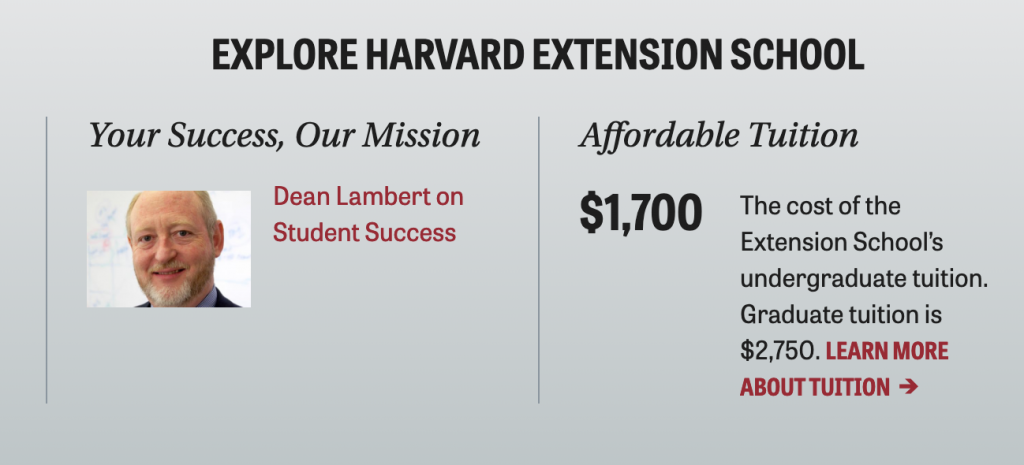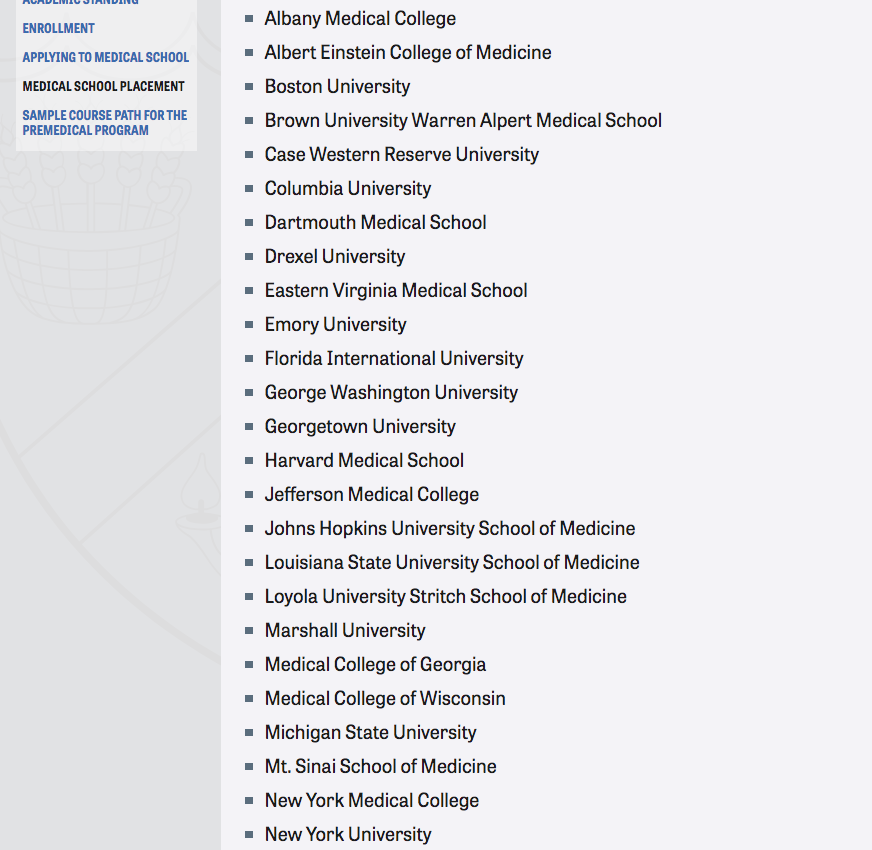Recently, a current Harvard Extension School student (using an @g.harvard.edu email address, which is available to Extension School students) has been harassing me on Twitter and via email, accusing me of being a bully, ridiculing my career, and demanding that I delete this blog. He further claims HES students hate me.
When challenged to back up this assertion with evidence, he would only state that “a high level person” directed him to read my blog, which he further said is “negatively impacting the HES community.”
I felt it would be a good opportunity to share with him (and others) a little bit of the history behind this blog, and explain why I will never give in to the haters who pop up from time to time.
First, it’s worth noting that the malcontents are in the minority. My two Harvard Extension School blogs (Harvard Extended and Ipso Facto) have been viewed well over 1 million times since 2005. People come to the blogs because they find them informative and helpful. I’ve personally answered hundreds of questions from prospective students. A few have even circled back after graduating to thank me.
Second, a lot of the content on these blogs praises the schools and individual programs. I’ve always made a point of highlighting some of the best aspects of the Harvard Extension School, including access to top-notch Harvard faculty and research opportunities. To see examples, read the final post on the Harvard Extended blog, or What’s the Harvard Extension School post-bacc really like, or Harvard Extension School success stories from the past year. I also defend the Harvard Extension School on Twitter and in communications with the media and highlight positive aspects of the school that aren’t that well-known:
But along with highlighting the good, I have also called out problems with the Extension School. This is where the haters come in.
Ten years ago, it was for criticizing the Extension School’s aggressive expansion into online education. I got a lot of grief for that.
More recently, it’s been for calling out students and alumni who deliberately obfuscate their association with the Harvard Extension School:
Some graduates don’t want to admit they attended the Harvard Extension School, because of the stigma associated with the part-time program. Other Extension School graduates deliberately take advantage of the “Harvard University” label to mislead people into thinking they attended the highly selective College or GSAS programs. Indeed, every few years in The Crimson there are reports of Extension School students (matriculated or not) insinuated or outright claiming to be College students to other people at Harvard. It happens all the time.
That post alone has scores of comments from Harvard Extension School students and alumni that are critical of my stance. However, most offer reasoned rebuttals. I publish these comments for everyone to see.
Not everyone behaves like an adult, though. They personally insult me, demand that I delete posts they don’t like, and generally behave in an immature manner.
Here’s what the haters don’t get:
- The blog posts consist of my opinions and observations based on facts.
- I don’t make stuff up, and I stand by everything I write.
- I don’t take orders from anyone to delete my blog or stop talking about issues that are important to me. This includes not only posts about the Harvard Extension School, but also other topics including those relating to the Fessenden School and real estate development in Newton.
- When I make a mistake, or new facts come to light that cause me to change my opinion, that will be acknowledged in the post in question (look for strikethrough text or updates) or in the comments to that post, or sometimes in a follow-up post that is linked to the original.
- People are welcome to post comments that disagree or question my stance on a particular issues. As long as they don’t contain foul language, personal attacks, hot air, or spam, I generally publish the comments.
In addition, it’s worth noting that, unlike many of the haters, I proudly list my Extension School affiliation on the blog and my LinkedIn profile.
If the haters can’t stomach the idea of publicly stating the fact that they attend or graduated from the Extension School, or are furious that someone would dare to call out those who pretend to be College or HBS students/alumni, then they should seriously consider whether the Harvard Extension School is a good fit for them.
One more thing: At the heart of any good college or grad school experience is exposure to ideas, concepts, and ways of thinking that may be novel or go against existing belief systems. If a student’s first instinct upon reading an opinion or set of facts that he or she doesn’t like/agree with is to harass the author and demand that those opinions or facts be deleted, then that person may not ready for any serious course of study, whether at the Harvard Extension School or elsewhere.








